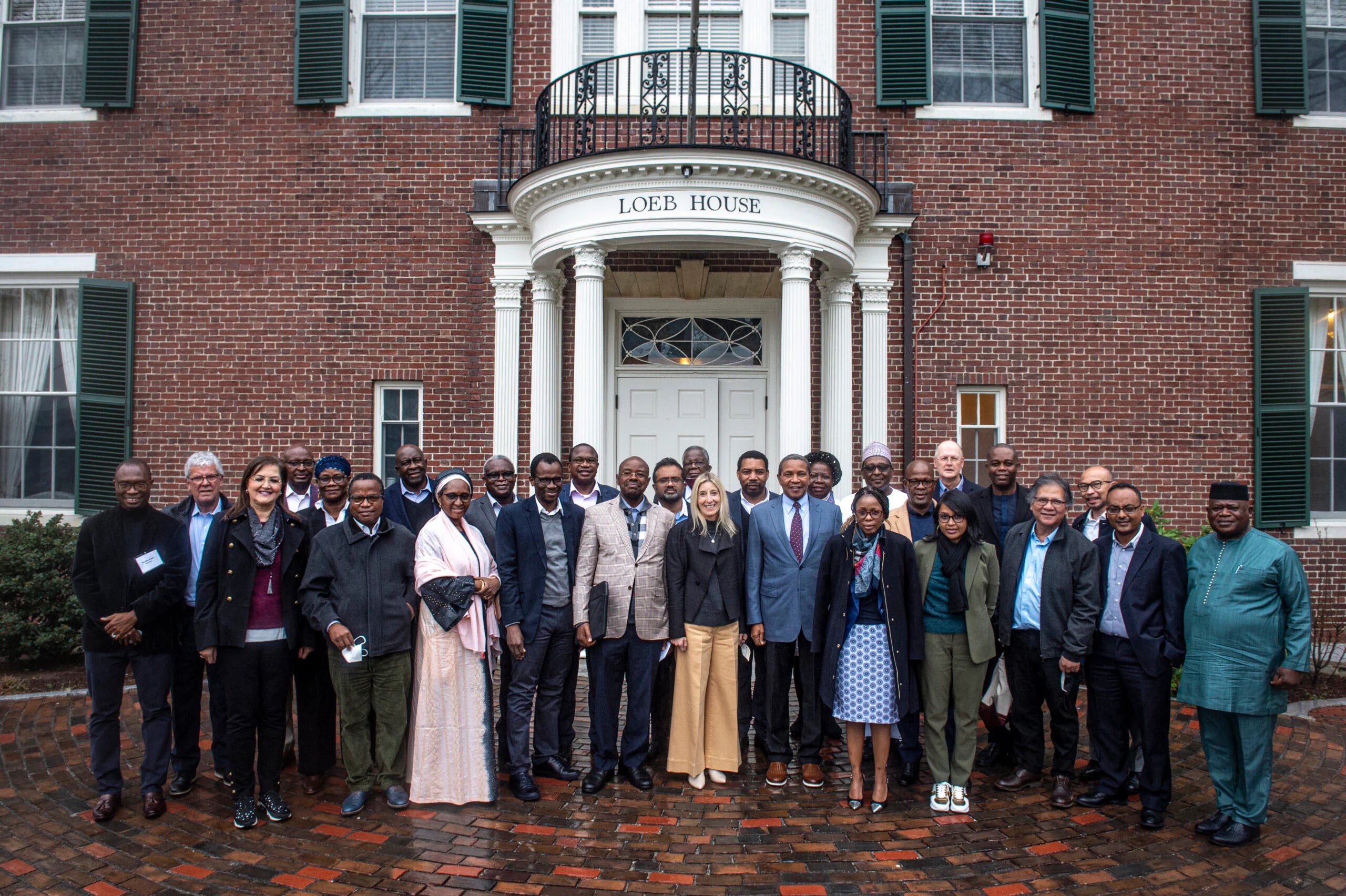After a two-year pandemic hiatus, the Harvard Ministerial Leadership Program, in collaboration with the United Nations Economic Commission for Africa, again convened Finance Ministers from across Africa in-person for the 2022 Harvard Ministerial Leadership Forum. While available data suggests the COVID pandemic has had less devastating public health consequences across Africa than first anticipated, the social and economic consequences have been profound. In the early months of the pandemic most African countries were quick to institute total lockdowns in many cases lasting more than six months. Most African countries had limited fiscal reserves to be able to expand social support programs. Some resorted to more international borrowing further compounding their existing debt burden, while many others did very little at all to support the overwhelming majority of people who live ‘hand to mouth’ and now found themselves without income. Whereas in more developed economies as pandemic restrictions were eased there has been an economic resurgence driven by pent up consumer demand fueled by substantial pandemic related financial aid, this has not been the case in Africa.
Most African countries are heavily dependent on raw material exports, extractive mining, and tourism all of which are subject to the vagaries of the global economy. Just as things were looking up, Russia invaded Ukraine precipitating further global economic pressures most notably in the cost of fuel and basic food supplies. Deepening economic hardship for the large number of unemployed across Africa and the many already poor has potentially threatening political implications for governments. African Finance Ministers gathered for the four-day Harvard Ministerial Leadership Forum grappled with this complicated combination of challenges. Ministers reflected on how with limited fiscal resources to balance international debt servicing, with essential public functions such as national security, health and education services, while also demonstrating empathy with the urgent economic plight of their citizens.
Forum discussions were kicked-off by Indonesian Finance Minister and current G20 Chair Sri Mulyani with a reminder that even amidst the current crisis, a Finance Minister has to be sufficiently farsighted to invest in strengthening economic fundamentals, the core of which is human capital development. Whereas there was much talk among the Ministers about the need to improve revenue collection, eliminating tax incentives and other possible avenues for increasing state revenues, it was recognized that these are stopgap measures. The most urgent need in most African countries is for whole government all-out-effort to enable job creation. At same time Ministers recognized the urgency of addressing the pandemic effects of lost-learning among in-school students, as well as the large numbers of students who have not returned to school, most notably girls.
The Harvard Ministerial Forums are non-prescriptive, practically focused programs providing Ministers a unique opportunity to step back from their day-to-day duties to reflect on their role and mandate as Finance Minister, their contribution to the success of their government, the wellbeing of their national citizens and economic prospects for their country. Ministers left Harvard with a high-level plan for how they might proceed in balancing these challenges in the most difficult of times.
The Harvard Ministerial Forums are the flagship component of the Harvard Ministerial Leadership Program a joint initiative of the Harvard T.H. Chan School of Public Health, the Harvard Kennedy School and the Harvard Graduate School of Education. Launched in 2012, 214 Ministers from 65 countries have participated in the Program to-date.


